June 2024 is a special month in Germany. Aside from the usual summer excitement that sees people flock to the lakes and various festivals, there is a big event on the horizon.
Germany is the host nation for the month-long UEFA Euro 2024 football championships, which start on Friday June 14th and end on Sunday July 14th.
For the 51 matches, around 2.7 million visitors are expected in the stadiums and around seven million guests in the fan zones and at public screenings. Around 2.5 million football fans are expected in Berlin alone, including 1.9 million visitors from around 120 countries around the world.
Here’s what you should know if you’re visiting Germany during this time.
READ ALSO: Six unmissable events happening around Germany in June 2024
Public transport may be packed
Whether you’re visiting Germany for the Euros or simply to enjoy the sights, one thing you can be sure of is that trains, trams, the U-Bahn and buses will see more passengers than usual.
Key holiday routes already get busier during the summer as Germans flock to the seaside. The Deutschlandticket – a cheap monthly ticket for travel on regional trains and local public transport all over Germany – has also pushed up passenger numbers.
But with millions of extra visitors this summer, you can expect space to be reduced even further.
If you’re heading to one of the host cities – Berlin, Cologne, Munich, Frankfurt, Hamburg, Dortmund, Leipzig, Gelsenkirchen, Stuttgart, and Düsseldorf – then it’s bound to be a lot more hectic.
READ ALSO: Euro 2024 – What you can expect in Germany during Europe’s biggest football frenzy
Routes to and from these cities – including routes from nearby airports – will be packed at certain times. Make sure you check out when and where matches are taking place so you can avoid some transport routes on these days, or plan accordingly if you’re going to a game.
Euro ticket holders also receive a boost in this regard – UEFA has signed an agreement with the association of the German transport companies VDV to provide a 36-hour travel pass (36-Stunden-Fahrkarte) for fans with match tickets.
It means that every match ticket holder will be entitled to a 36-hour travel card to use on public transport in and around the 10 host cities at no extra cost from 6 am on the relevant match day until 6 pm the following day.
READ ALSO: Euro 2024: Germany to sell cheap train tickets for fans attending game
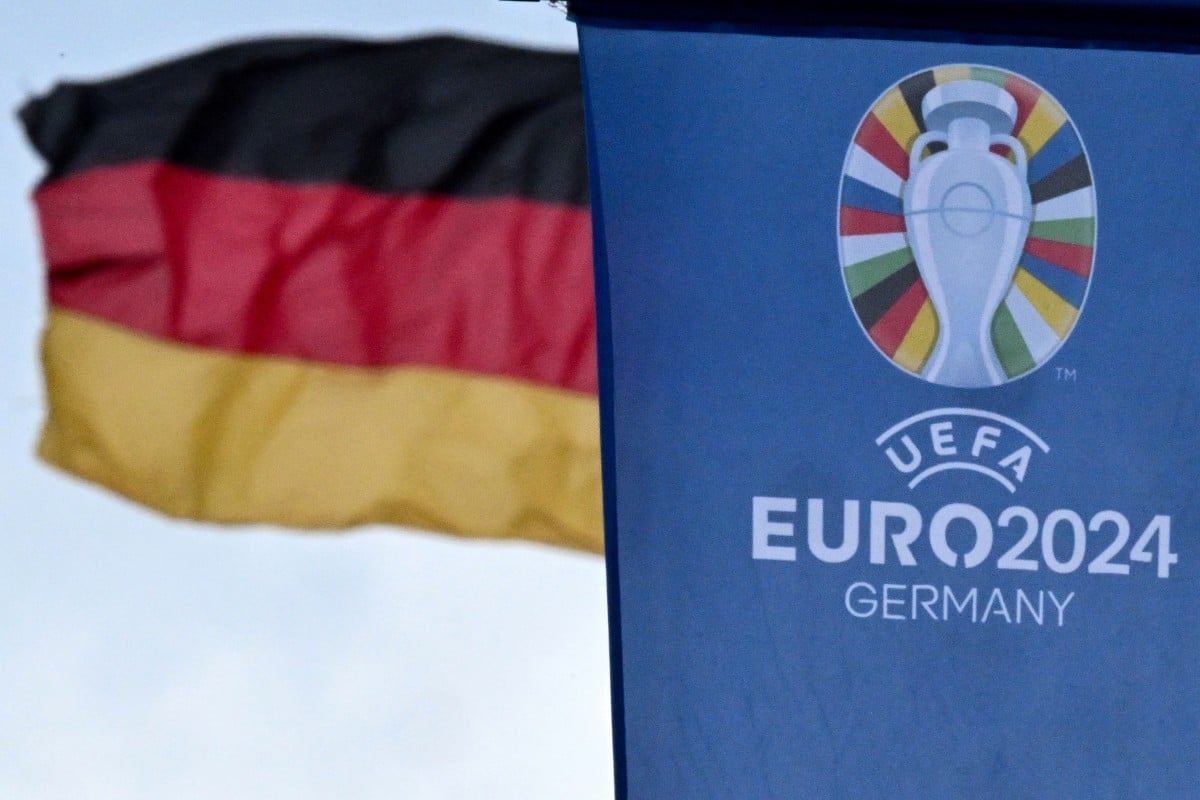
It is easy to get around Germany – but make sure you know the rules
Getting around in Germany is fairly simple due to the dense and expansive rail and public transport network.
Visitors who want to travel around between cities will find it’s not difficult to plan and there are plenty of connections.
Despite the vast network, one thing to keep in mind is that Deutsche Bahn trains are (sadly) known for not running on time. This could get worse due to the fact that summer can be a time when construction gets underway.
Passengers should allow for extra time when planning their trip.
READ ALSO: Where to expect disruption due to rail upgrades in Germany this year
Another point worth mentioning is that in Germany there are no barriers or turnstiles to scan your ticket before entering trains or public transport. But people still have to buy the ticket before starting their journey – or they risk an on-the-spot fine from a ticket inspector.
The only exception to this is trams or buses where people can enter the vehicle and buy a ticket there (either from a machine or from the bus driver).
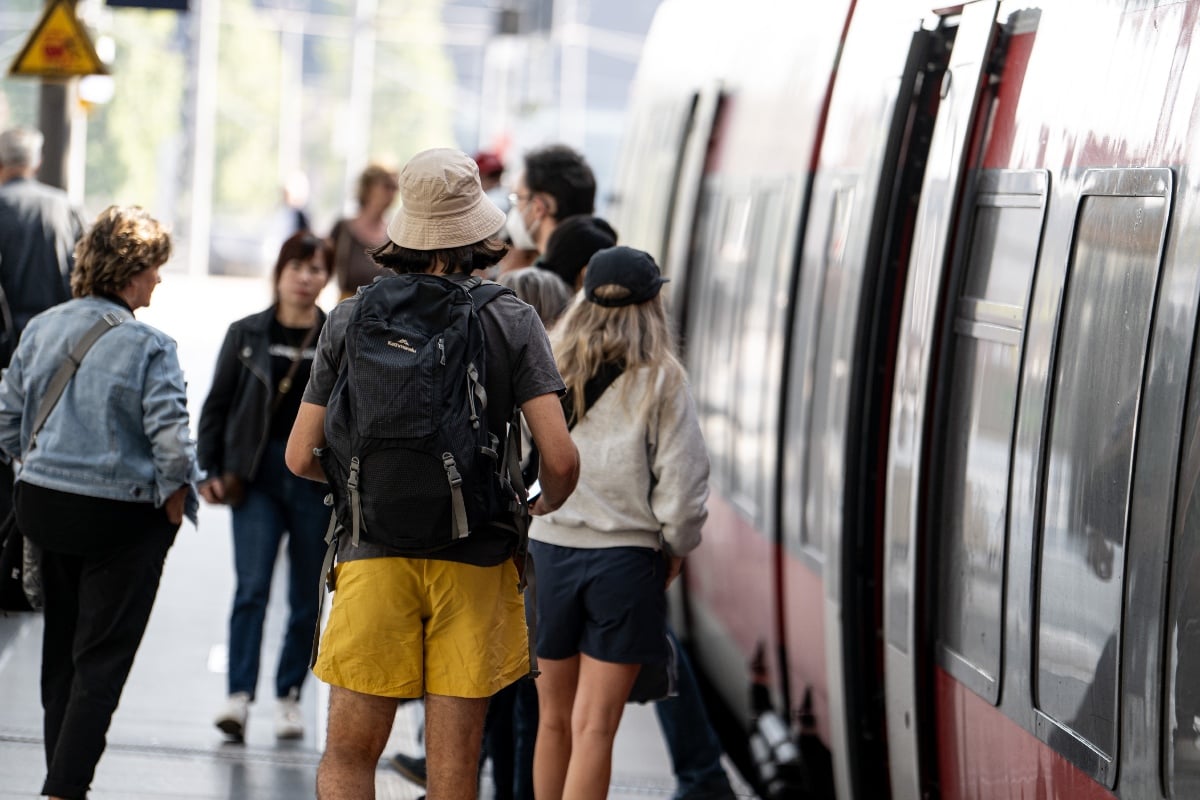
In general, though, make sure you have your ticket sorted before you travel. If it’s local or regional transport (rather than a high speed train), make sure you validate the ticket by stamping it in a machine if the ticket indicates that you have to do so.
Tickets are generally valid for a specific region rather than for a specific mode of transport, so if you buy a daily or a weekly ticket you can travel on buses, trams and trains (and in some cases even ferries!) at your leisure.
Meanwhile, if you’re crossing borders expect tighter controls and make sure you have your passport plus any other ID or visa documents at the ready just in case they need to be checked.
READ ALSO: Germany to enforce tighter border controls for Euro 2024 tournament
Accommodation will be pricey
Another offshoot of a big event being held in Germany is that hotels and other accommodation push their prices up due to the demand.
If you haven’t secured all your accommodation yet, it’s going to be a little trickier or at least more expensive.
“The booking situation is already significantly higher in the host cities,” said Norbert Kunz, Managing Director of the German Tourism Association in a report recently for Germany’s WirtschaftsWoche.
This is also shown by a random sample on the booking portal Booking.com. WirtschaftsWoche found earlier in May that over 80 percent of accommodation in Berlin is already fully booked on the day of the final. The three-star Hampton By Hilton Hotel in Berlin Friedrichshain costs around €133 per night from July 21st to 22nd, but it costs around €429 for one night in the week before the final (on July 14th).
If the big cities are too expensive, look to commuter towns for accommodation. Although hotel prices there will still be higher than usual, you’re more likely to find space.
READ ALSO:
- Can I Airbnb my German flat during Euro 2024?
- Can German hotels cancel reservations before Euro 2024?
There will be plenty of ‘public viewings’
Germany is a nation that loves sporting events – and football is a favourite.
So-called ‘public viewings’ will spring up all over the country during Euro 2024 in beer gardens, restaurants, cafes, bars or even outside shops on the street.
It means that even if you’re not at any games, you can soak up the atmosphere and see different teams play.
A number of special areas for supporters will be set up around the country. In Cologne, for instance there is a ‘football village’ in the Altstadt area, while the largest fan zone is being set up in Berlin’s Mitte.
Usually known for being on the reserved side, Germans will be more likely to strike up a conversation with a stranger and bond over the love of the ‘beautiful game’.
READ ALSO: Ask an expert – Do Germans really hate small talk?
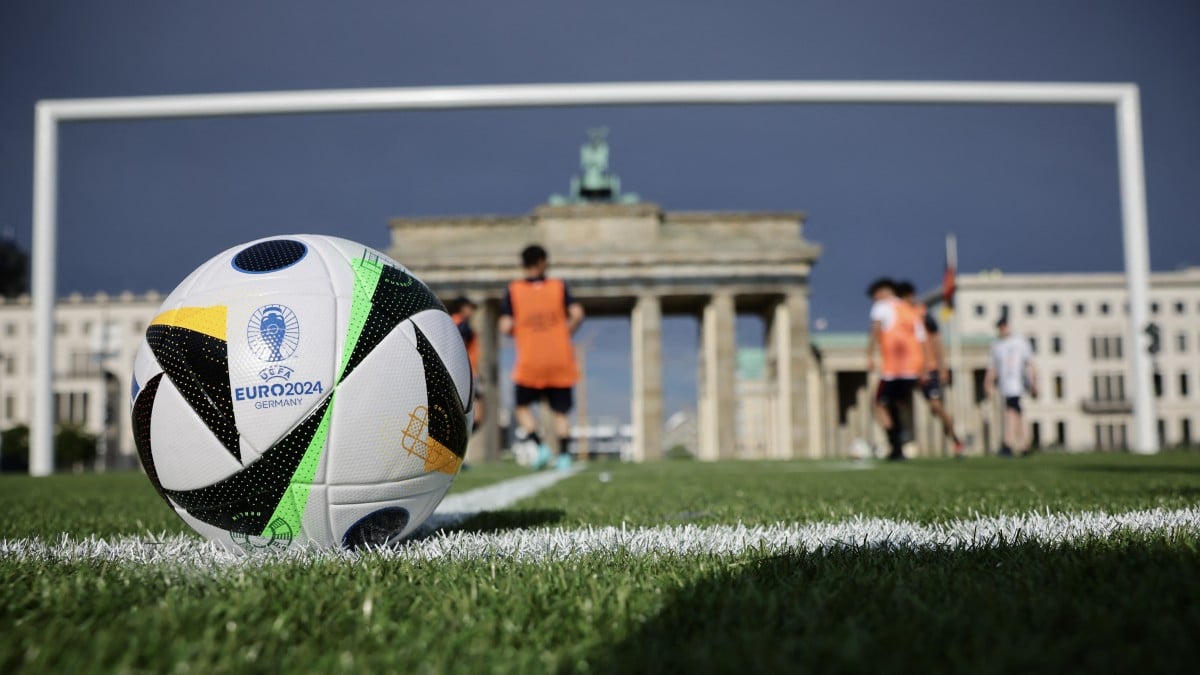
The weather can be unpredictable
Summer in Germany is usually warm and pleasant but it can be unpredictable. Temperatures in previous years have hit almost 40C around June and July. The hot days are usually followed by severe rain and thunderstorms.
Make sure to dress accordingly and that includes lathering on sunscreen and taking a waterproof.
Another thing to keep in mind is that most public transport in Germany doesn’t have air conditioning. That means carriages do get sweaty on warm summer days.
READ ALSO: 7 reasons why June is the best month in Germany
Shops might close at random times
For those not used to Germany’s retail opening hours – be aware that supermarkets and other shops are generally closed on Sundays.
That means people need to stock up on essentials before the end of the day on Saturday.
There are some exceptions – at train stations, supermarkets there are usually open but are extremely busy. Small late night shops called Spätis are sometimes open in Berlin on Sundays, too.
In summer, independent shops, cafes and restaurants often take an extended break. It’s not unusual to find a sign on the door saying a business is closed for the next four weeks. This usually happens in July or August.
Meanwhile, if it’s a super hot day, some businesses take a ‘Hitzefrei’ – literally “heat free” day where they don’t open at all or close early.
READ ALSO: Why are shops in Germany closed on Sundays?

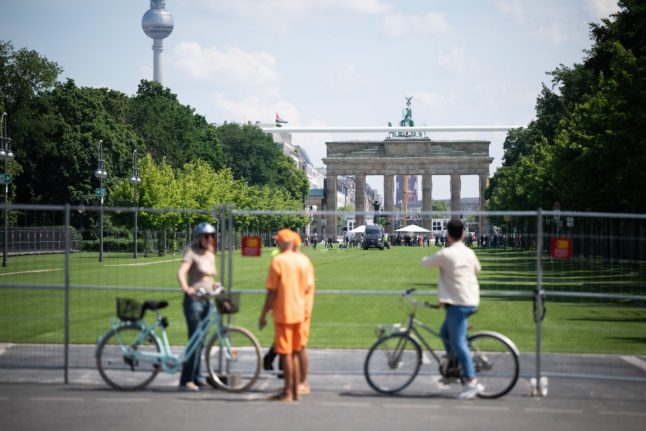
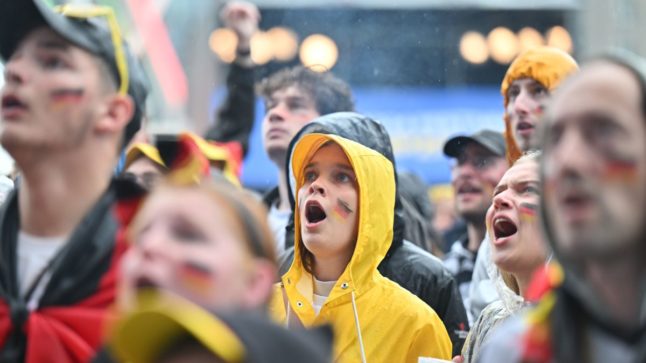
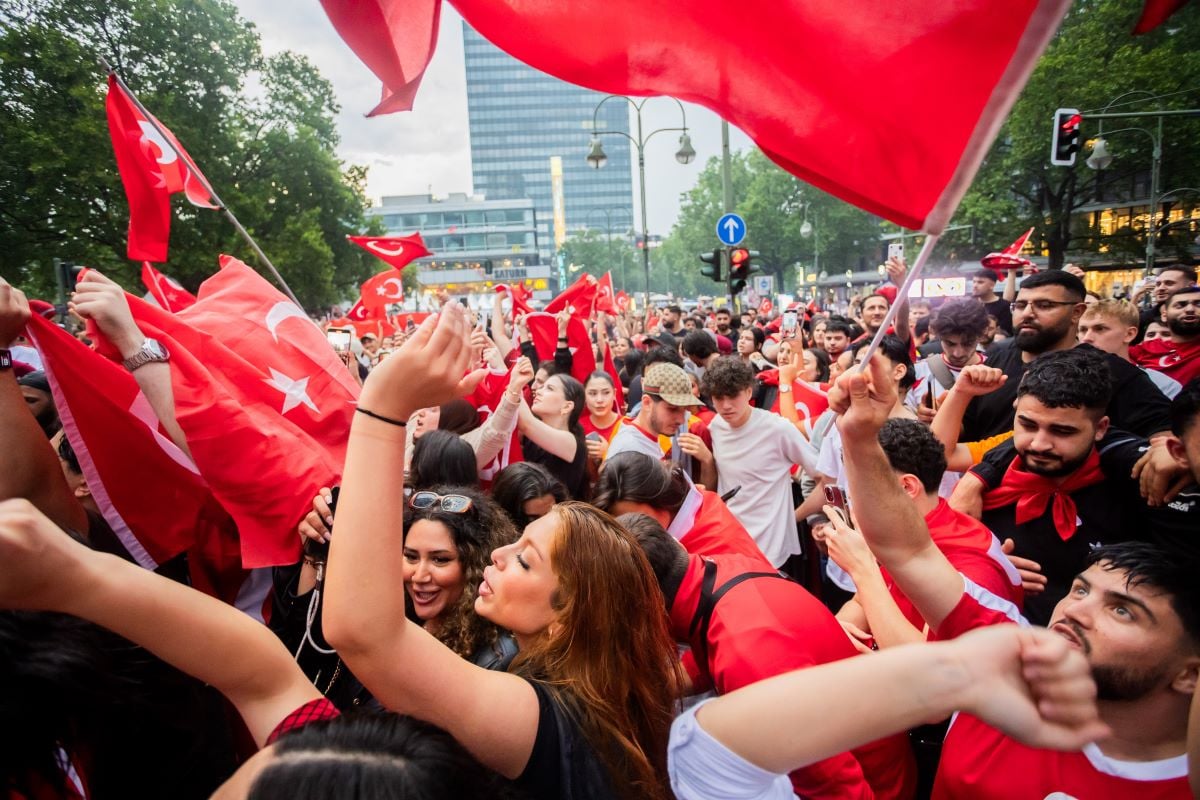
 Please whitelist us to continue reading.
Please whitelist us to continue reading.
Member comments